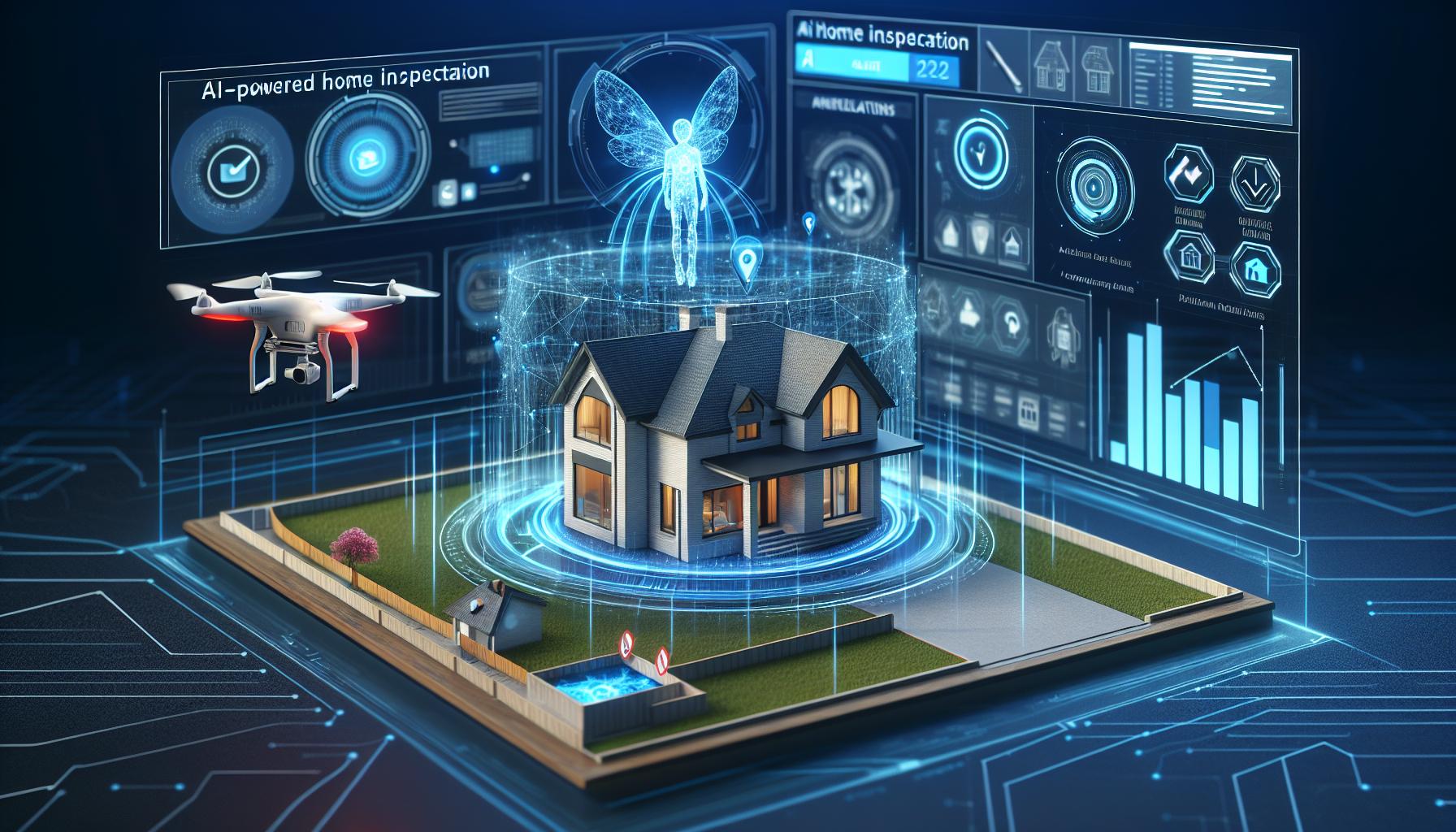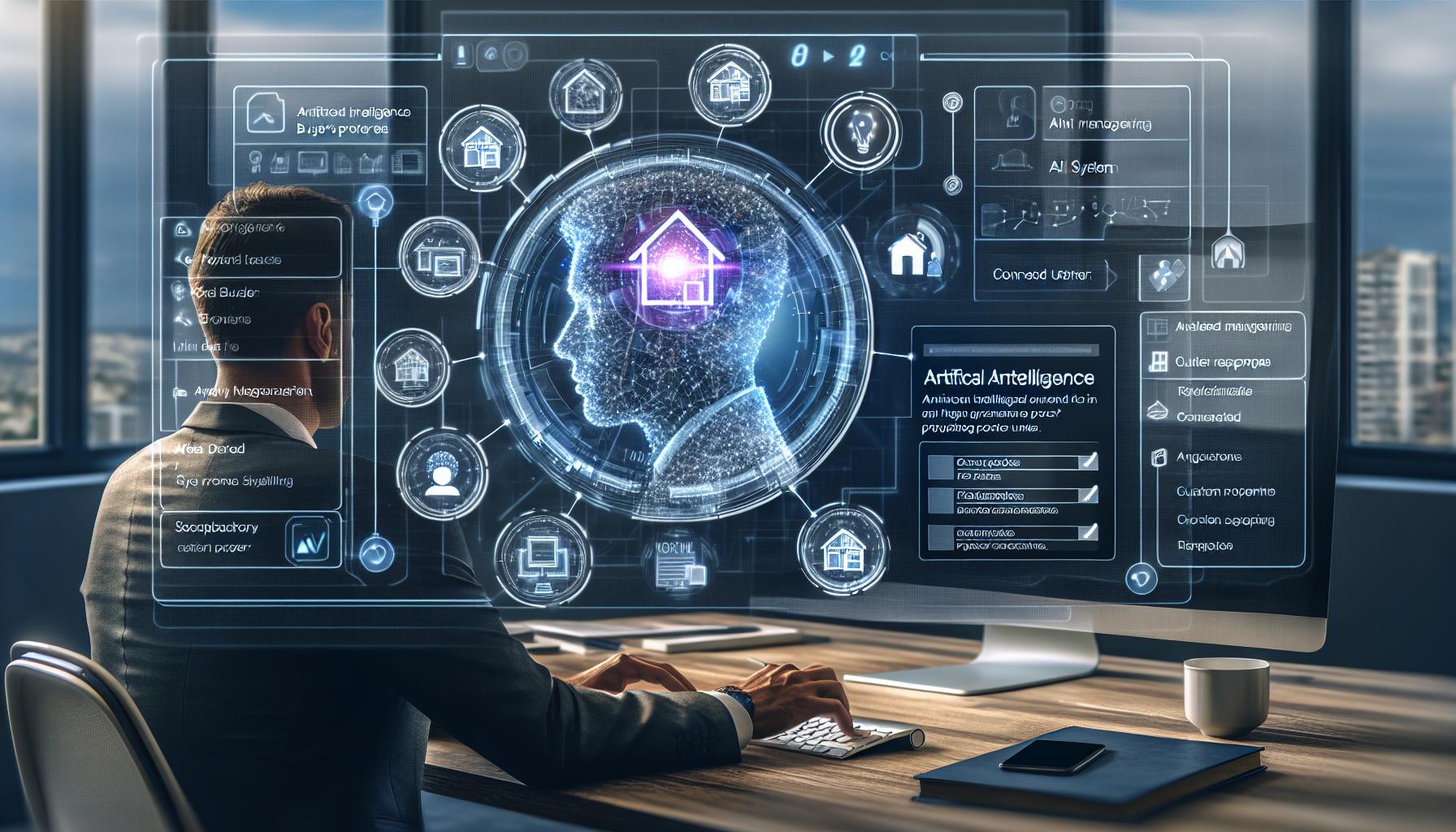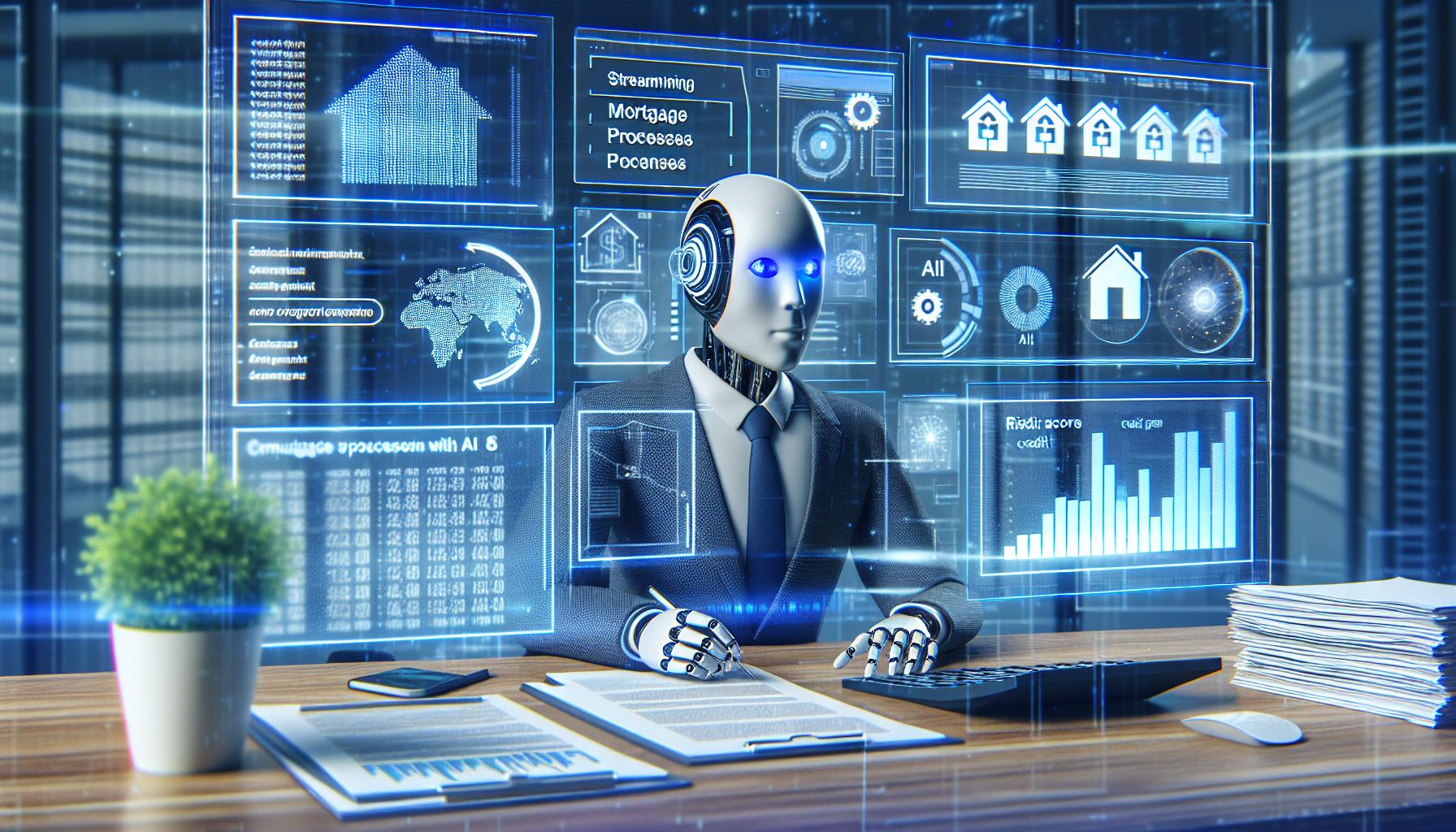AI-Powered Home Inspections: The Future is Here

Introduction
Artificial Intelligence (AI) stands at the forefront of technological innovation in the home inspection industry. It introduces an unprecedented level of automation and predictive accuracy that can transform the way home inspections are conducted. From automatic damage assessment to anomaly detection and routine checks, AI's capabilities offer evolved solutions for modern homes. As the role of A.I. grows more impactful, we delve into what it means for the future of home inspections and preventive maintenance.
Automating Damage Assessment
One of the remarkable capabilities of A.I. lies in automating damage assessment. Machine learning algorithms can be trained to identify various forms of home damage, from water leaks to structural issues. These algorithms can sort through thousands of images and data points to detect patterns and signals which indicate potential harm. This automation not only increases the speed at which inspections are conducted but also augments the precision, thereby reducing the instances of human error.
Anomaly Detection
AI can excel in spotting unusual activity or deviant patterns that might escape human observation. AI-powered anomaly detection systems can continuously monitor a structure and alert homeowners or inspectors at the onset of an issue. Anomalies such as unusual temperature changes, heightened moisture levels, or structural shifts can be detected promptly, enabling immediate action to be taken and potentially preventing more significant damage.
AI and Routine Checks
Routine checks are integral to maintaining a home's health, but these checks can be labor-intensive and time-consuming. A.I. streamlines the process by consistently checking on crucial aspects of the home. It can trigger alerts for routine maintenance tasks ensuring nothing is overlooked, enhancing the longevity of home appliances and structural components.
Predictive Maintenance
BI goes beyond identifying current issues; it employs predictive analytics for preventive maintenance. By analyzing historical data, environmental factors, and ongoing monitoring, A.I. algorithms can predict potential future problems. This predictive maintenance approach allows homeowners to intervene before issues escalate further, resulting in cost savings and improved home preservation.
Conclusion
The deployment of A.I. in the realm of home inspections is reshaping the industry's future, promising a magnitude of benefits for property owners, inspectors, and the real estate industry alike. With the rapidly advancing capabilities of A.I. continuously raising the bar, the future of home inspections is geared towards even higher efficiencies, accuracy, and preventive action.



